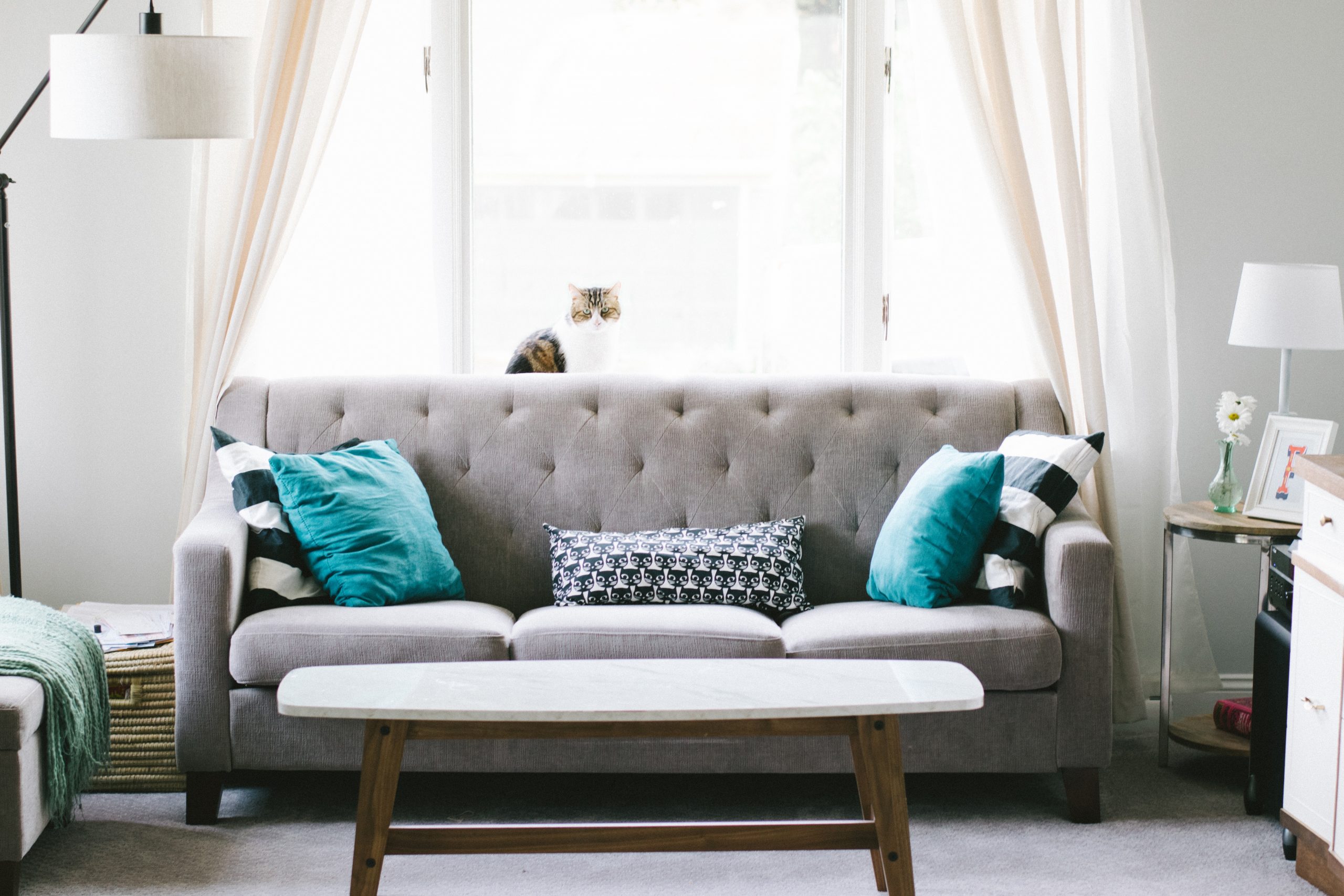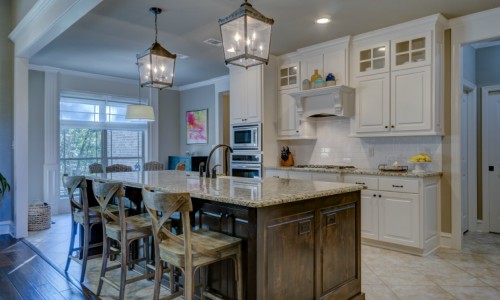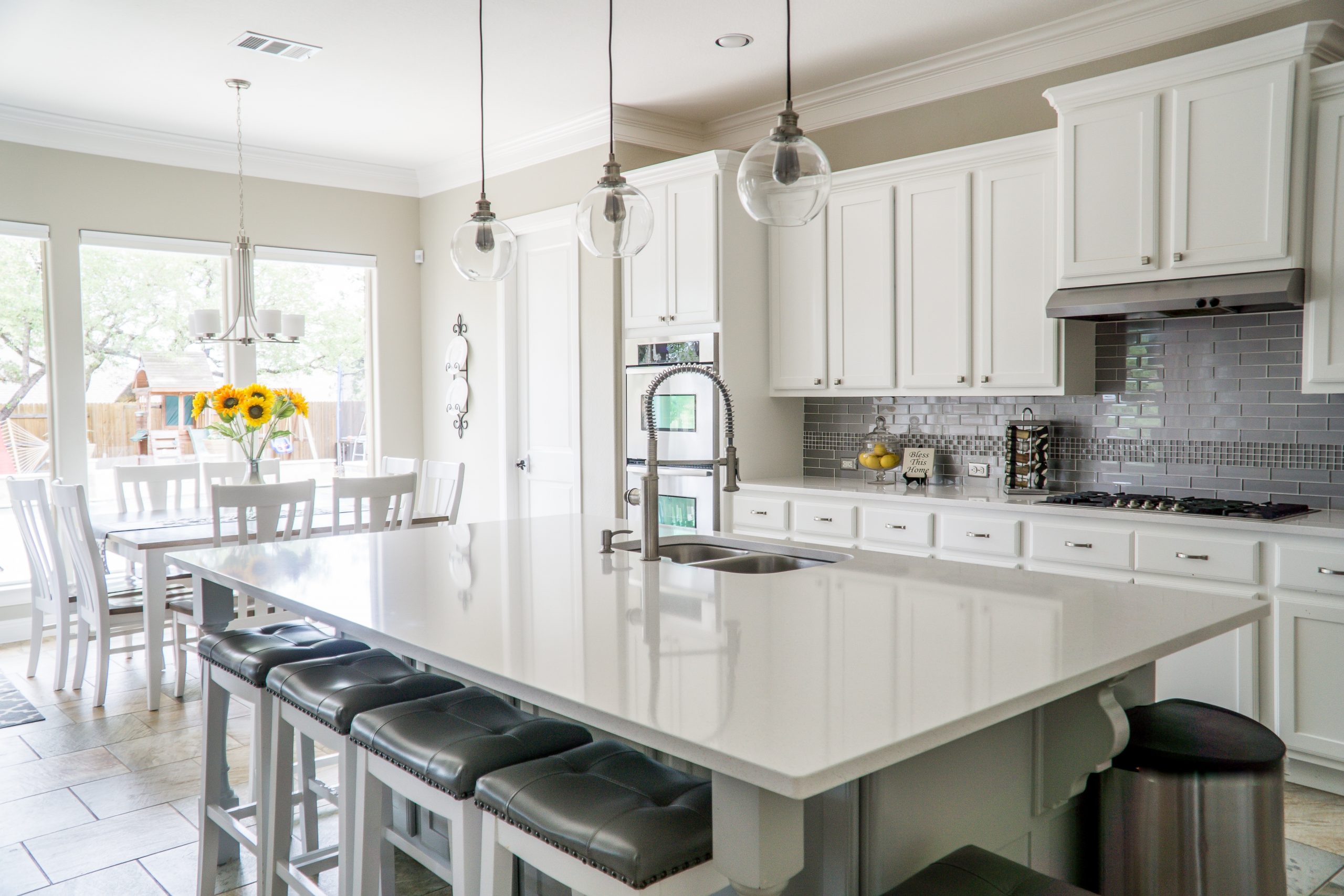How to Handle Multiple Offers on a Home Sale
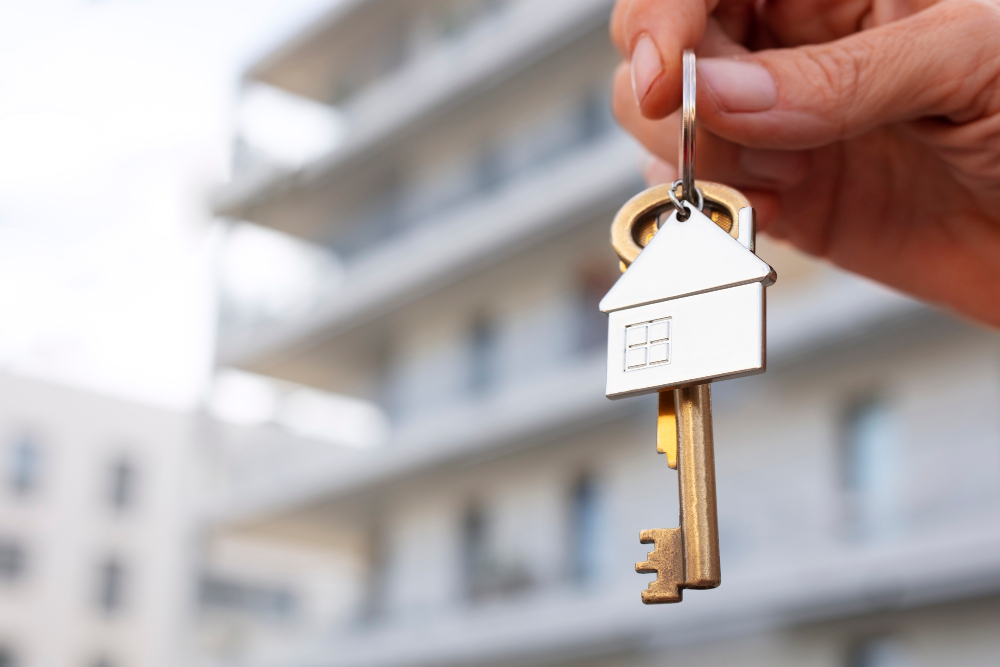
Receiving multiple offers on your home can be both exciting and overwhelming. It’s a sign that your property is in high demand, but at the same time, it can make the decision-making process more complex. How do you choose the right offer? How can you negotiate to get the best possible outcome? This article covers everything you need to know about confidently navigating multiple offers.
Step 1: Understand the Market
Before evaluating offers, take a moment to understand your local real estate market. Is it a seller’s market where demand exceeds supply? Or is it a more balanced market? Knowing this will give you insights into why you receive multiple offers and how much leverage you have during negotiations. Work with your real estate agent to analyze recent comparable sales in your area to ensure your expectations are realistic.
Step 2: Assess All Offers Holistically
While the highest price may grab your attention, remember there’s more to an offer than just the dollar amount. Consider these other factors:
- Financing Contingency: Is the buyer pre-approved for a mortgage? Cash offers are especially attractive, as they eliminate the risk of financing falling through.
- Contingencies: Look out for conditions such as inspections, appraisals, or the buyer needing to sell their home first. Fewer contingencies often mean a quicker, smoother transaction.
- Closing Timeline: Is the buyer’s proposed closing date aligned with your plans? If you’re in a rush to sell or have a specific timeline, this can be a deciding factor.
- Earnest Money Deposit: This is the amount of money the buyer puts down to show they’re serious about the transaction. A higher deposit demonstrates commitment and financial stability.
By weighing all these components, you’ll have a clearer picture of serious and beneficial offers.
Step 3: Communicate Through Your Real Estate Agent
Your real estate agent is your ally in managing multiple offers. They can:
- Organize the Offers: Agents typically create a side-by-side comparison of all offers, laying out key details to help you make an informed decision.
- Negotiate on Your Behalf: Whether it’s asking for higher earnest money, better terms, or a more flexible timeline, your agent will handle the back-and-forth to secure the best deal.
- Ensure Transparency: Protect yourself legally by handling all offers professionally and ethically.
Leverage their expertise to streamline what could otherwise be a confusing process.
Step 4: Counteroffer Strategically
If none of the offers perfectly meet your needs, you can negotiate. Here are two common tactics:
- Counter the Best Offer: If one offer stands out but needs minor adjustments (like a higher price or quicker closing), work with your agent to craft a counteroffer.
- Request Best and Final Offers: When multiple offers are close in value, you can ask all buyers to submit their “best and final” offer. This approach ensures you see the maximum effort from each buyer.
Remember to tread carefully—being overly aggressive during negotiations could lead to buyers walking away.
Step 5: Decide if a Bidding War is Appropriate
A bidding war can drive up the final sale price of your home, but it’s not always the best option. Use this approach only when:
- You’re in a seller’s market with high demand.
- Your agent advises it as a viable strategy.
- You’re prepared to handle buyers who may drop out due to dissatisfaction.
If you pursue a bidding war, maintain transparency and professionalism.
Step 6: Protect Yourself Legally
Once you’ve chosen an offer, make sure every detail is documented in writing. Work with your real estate agent or attorney to confirm that your contract protects your interests. Some essential tips include:
- Avoid Verbal Agreements: Only written, signed agreements are legally binding.
- Review Contingencies: Understand what could void the agreement and ensure they align with your needs.
- Do a Final Walkthrough: Ensure all conditions are met before completing the sale.
Failing to dot your I’s and cross your T’s could result in unnecessary complications.
Final Tip: Don’t Rush
Receiving multiple offers can create a sense of urgency, but don’t rush into a decision. Take the time to evaluate each offer and weigh all considerations. It’s better to make a thoughtful choice than to regret a quick decision later.
Closing the Deal
Selling a home with multiple offers is an enviable position to be in, but it requires careful navigation. By understanding the market, evaluating offers holistically, and using the expertise of your real estate agent, you can confidently seal the deal on terms that work best for you.
If you’re ready to sell your home or need help managing offers, let me help! Mary Tarrant 928-277-6404
Things to Consider When Downsizing Homes

Downsizing can be an exciting opportunity to start fresh, simplify your lifestyle, and reduce maintenance and costs. But it also comes with challenges and decisions you must prepare for. Whether you’re retiring, aiming for a minimalist lifestyle, or just looking for a smaller, more manageable space, it’s essential to consider several factors before making the move.
Here’s a comprehensive guide to ensure your downsizing process goes smoothly and helps you make the most of your new home.
1. Assess Your Needs and Goals
Before starting the downsizing process, take a step back and ask yourself why you’re downsizing. Your reasons might dictate several aspects of the move, such as location, budget, or the size of your new home.
- Are you looking to save money? A smaller home could reduce mortgage payments, utilities, and property taxes.
- Do you want less maintenance? Consider the upkeep requirements of your potential new space.
- Do you need a lifestyle change? You may want to live closer to family, in a walkable urban area, or in a community with amenities for retirees.
Understanding your priorities will help guide your decisions.
2. Decide What to Keep
One of the biggest challenges when downsizing is deciding what to keep and what to leave behind. Start by decluttering and prioritizing the items that are most important to you.
- Start Early: Sorting through years of accumulated belongings can be emotional and time-consuming. Begin at least a few months before moving day.
- Divide Items: Put your belongings into four categories—keep, donate, sell, and discard. Keep only what you genuinely need and love.
- Focus on Functionality: If you’re moving to a smaller home, choose versatile items over those you rarely use. For example, a sleeper sofa might be better than a large sectional.
- Digitize Where Possible: Scan documents, photos, and other keepsakes to free up physical space while preserving memories.
3. Consider Layout and Storage in Your New Home
Smaller homes often come with limited storage options, so ensuring your new space will fit your needs without feeling cramped is essential.
- Measure Carefully: Before deciding what furniture or appliances to bring, measure your new home’s rooms and storage spaces. Pay attention to doorways and staircases, too!
- Utilize Smart Storage: Invest in multi-functional furniture, like ottomans with hidden storage or beds with built-in drawers, to maximize your space.
- Declutter Before You Move: To avoid clutter in your new home, try to get rid of excess items before you move rather than after.
4. Evaluate the Financial Impact
Downsizing doesn’t just affect your space—it has financial implications as well. Carefully assess your budget and understand how downsizing will affect your monthly expenses.
- Selling Your Home: How much profit will you make from selling your current home, and how does this compare to the cost of purchasing or renting a smaller one?
- Moving Costs: Factor in all the costs associated with moving, including packing supplies, transportation, and hiring movers.
- Hidden Costs: Don’t overlook hidden expenses, such as HOA fees in condo communities or necessary upgrades to your new home.
A detailed financial plan can help avoid unexpected surprises.
Final Thoughts
Downsizing can be rewarding, offering an opportunity to create a more streamlined and focused lifestyle. By carefully considering your needs, planning thoroughly, and approaching the process with patience, you can make this step a positive and liberating experience.
Feeling uncertain about where to start? A little guidance goes a long way! Whether you need help decluttering, finding the ideal new home, or making financial plans, don’t hesitate to give me a call. I would love to help. Mary Tarrant (928) 277-6404.
The Ultimate Checklist for a Successful Camping Trip

Heading into the great outdoors is an excellent way to unwind, connect with nature, and make unforgettable memories. But a successful camping trip doesn’t happen by accident—it’s all in the preparation. Packing the right essentials can make all the difference between a great adventure and a stressful, uncomfortable experience.
Whether you are a first-time camper or a seasoned outdoor enthusiast, this guide will ensure you’re fully prepared for your next trip.
Understanding the Camping Destination
Before embarking on your camping trip, research your destination thoroughly. Knowing the terrain, weather conditions, and available amenities will help you pack appropriately and anticipate potential challenges. For instance, some campgrounds offer facilities like restrooms and water sources, while others may require you to be entirely self-sufficient.
Securing Reservations Early
Popular camping spots can fill up quickly, especially during peak seasons. Secure your campsite reservation well in advance to guarantee your spot. This step not only ensures you have a place to stay but also allows you to select a site that meets your preferences (e.g., proximity to water, shade, etc.).
Top Things to Pack Camping
1. Cooking gear and food
Cooking up a delicious meal outdoors can be a highlight of your camping experience, but you need to pack your kitchen essentials. Some necessary items include a portable stove, fuel, pots, pans, utensils, and a cooler. Also, remember to pack enough food, snacks, and drinks to last the trip. TIP: If you don’t have running water, fill a spray bottle with water and a squirt of dish soap to wash your dishes.
2. Lighting equipment
Once the sun goes down, you’ll need a reliable light source to help you navigate your campsite and avoid tripping over roots or rocks. Pack a lantern, headlamp, or flashlight, and bring extra batteries to keep your light sources up and running. TIP:
Charge a solar motion detector light during the day and place in front of your door; as you approach, the light will turn on.
3. First Aid Kit
Even if you’re not prone to accidents, a first aid kit is essential for emergencies. Your kit should include band-aids, antiseptic wipes, gauze, pain relievers, and prescription medications. Consider if it is allergy season and pack your allergy medicine, Aloe/After Sun if you are going to be in the sun, and muscle rub if you are going to be doing strenuous activities.
4. Maps and compass
While smartphones can provide GPS navigation, they are sometimes unreliable in remote locations. Before you hit the trails, grab a map and compass and learn how to use them.
5. Insect Repellent
Don’t let bugs ruin your camping trip. Insect repellent is a must to keep mosquitoes, ticks, and other biting insects at bay. Pack some anti-itch cream for any bites you may endure.
6. Portable Power Bank
Even if you’re camping to escape everyday life, you might still need to charge your phone or camera. Pack a portable power bank and ensure it is fully charged before leaving.
7. Entertainment options
While camping is all about enjoying nature, there will be times when you need to relax at your campsite. Pack books, games, a deck of cards, or a guitar to keep yourself entertained while you take a break.
Camping is all about enjoying the simplicity of nature, but preparation ensures you’ll enjoy it to the fullest. With this checklist, you’re ready to create unforgettable experiences surrounded by the great outdoors.
If you would like more information on everything that Prescott offers, including real estate options, call me. I Love Prescott!
Mary Tarrant
928-277-6404
Why Overpricing Hurts Sellers in the Eend

Overpricing your home is a bad idea for several reasons. Perhaps most importantly, it can lead to your home sitting on the market for an extended period without receiving any offers. Waiting with no offers to buy can frustrate homeowners eager to sell.
In addition to leading to a longer sales process, overpricing your home can result in you selling for less than you could have if you had priced it more accurately from the start. This is because buyers interested in your home will likely be put off by the high asking price and may choose to purchase a different property that better fits their budget.
Occasionally, sellers believe pricing your home on the high end is an acceptable risk. Below are a few arguments sellers give to their rationale and why this line of thinking is problematic when selling a home.
- “I can always come down in price later if I have to.”
Yes, someone may find the house irresistible and pay the inflated price, but the odds are the home will languish on the market until the price comes down. Buyers, though, will see this from a different perspective. They’ll be thinking: What’s wrong with the property? Maybe I can get this house for significantly below market value.
- “I must keep the price high for negotiating purposes.”
A house isn’t a used car. Don’t start far above an acceptable price to pad out the negotiations. Buyers will have access to the same market data, and their agents will have a pretty good idea of the home’s actual market value. The ruse will quickly come to pieces, so why not select a price suitable for a quick, fair sale?
- “This is the price I need for my house.”
If there is indeed a price that a seller cannot go under, sellers should also be prepared to stay put when the house doesn’t sell. Sadly, the market is indifferent to the seller’s situation, and other homes are typically available on the market.
- “A house like mine sold for this price… so why not mine?”
Sellers will assume houses are identical. Typically, there are other outstanding reasons the home sold is above market value, especially regarding interior renovations.
It’s essential to be realistic when pricing your home, especially if you have an amount you must receive from the sale. If you price your home too high, it will likely sit on the market for a long time without any buyers. An extended time on the market can cause you to miss out on other opportunities, such as buying your dream home. It’s essential to consult with a real estate agent to get an accurate estimate of your home’s value so you can price it appropriately.
We genuinely understand the emotions and factors involved in finding the correct selling price for your home. We can help. We have numerous tools and ways to analyze the market to help you arrive at an accurate listing price. We feel that this is a price that will get the property sold quickly. When you are ready to talk numbers, we will be happy to give you an accurate valuation for your home. Give me a call 928-277-6404.
Helpful Tips to Declutter Your Home
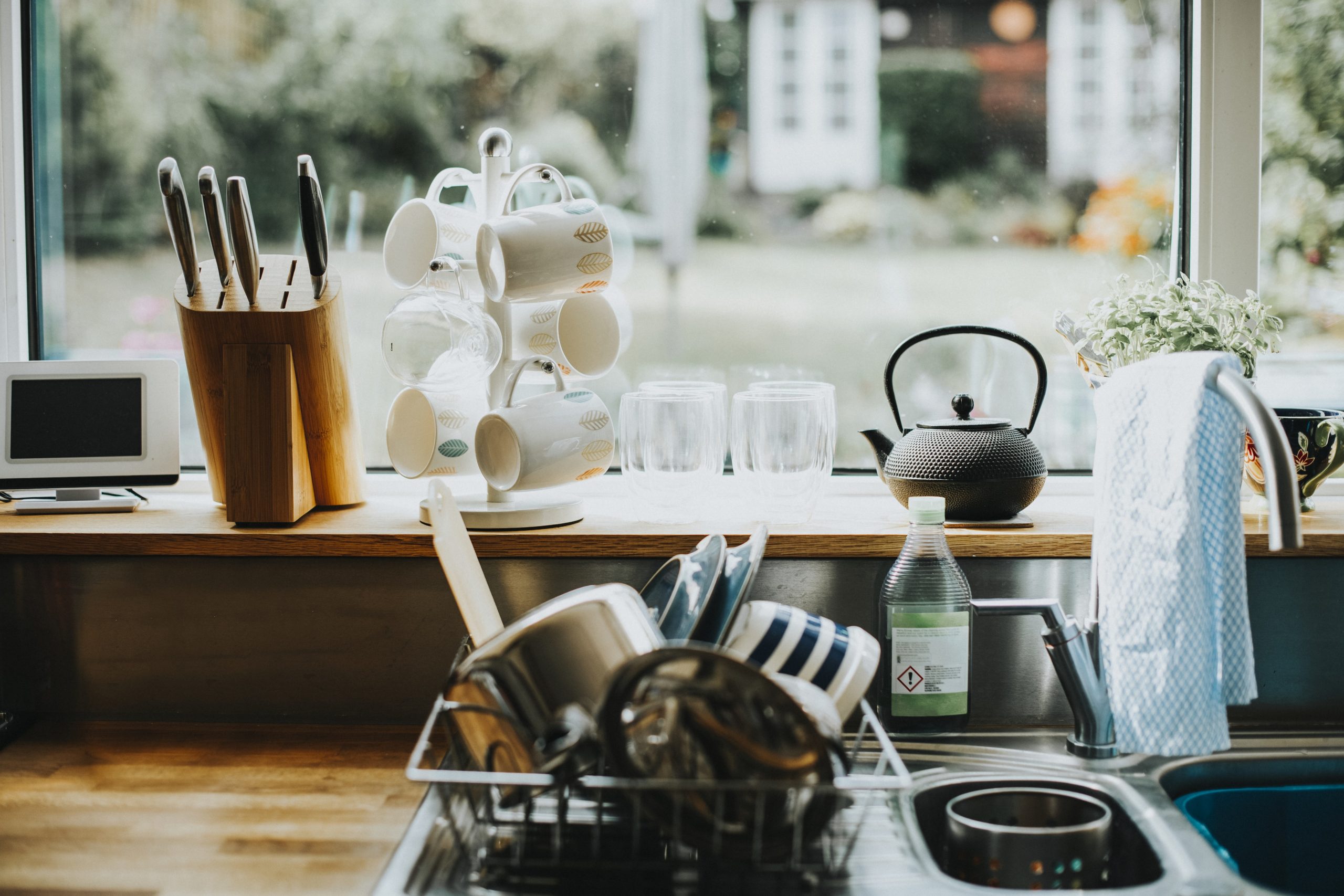
How to Declutter Your Home
Preparing your home to sell requires presenting a house attractive to buyers. Decluttering is a must, especially if you’re going to be living in the home while it’s on the market and you’re choosing not to stage it. Decluttering will help you potentially sell your home faster and for a better price. It can feel overwhelming initially, but the decluttering process can be broken down into manageable steps.
1. Take photos of what you’re up against. You might think things look pretty good until you see your home with the camera’s unflinching eye. Photograph every room from multiple angles, and you’ll begin to understand what buyers will see. Don’t forget to snap the closets, laundry rooms, and garage.
2. Plan a room-by-room attack. The preparation process doesn’t have to be done in a day, a weekend, or even a week. Depending on your timeline, tackle as much or as little as you can reasonably manage before burning out. If you attempt too much at once, you may make unfortunate compromises about what stays and what goes.
3. Use a checklist. When assessing a room, list what needs to be addressed and then the order in which it makes the most sense to do it. Visualizing the process will prevent you from wasting time.
4. Be ruthless. Look at the clothes you haven’t worn in years, the piles and boxes in the garage you haven’t opened, and the shelves of unread or dispensable books.
5. Stay motivated. Tell yourself: Less is more. Remind yourself: Every box that goes to Goodwill is a box you won’t have to lift, relocate, and unpack on moving day. The filtering process is an opportunity to refresh your life!
6. Pile it up. Sort things into “give away,” “throw away,” and “sell.” Some items can go to friends, and others can go to charity.
High-Traffic Areas
Once decluttering is underway, here are some tips on what to focus on in the high-traffic areas of your home:
Front Yard: When you are preparing to sell, it is easy to forget your home’s outside curb appeal. If you have children, remember to organize and declutter the outdoor toys.
Entryway: The first impression of the inside of your home will be your entryway. Our entryway in my house is where we hang our coats and take off our shoes. If your entryway is the same way, go through your shoes and coats, and make space for potential buyers to hang their jackets when touring your home.
Pictures: For potential buyers, declutter the artwork, photographs, and hanging hooks, especially in hallways. Fewer items will create a clean, crisp look.
Kitchen, living room, bathrooms, and laundry room: I’ve categorized these rooms together because they all have a similar decluttering tip. The motto is ‘clean and clear.’ For the living room, remove magazines and excessive pillows and organize bookshelves. For the kitchen and bathroom, keep the countertops empty and clear. Lastly, all cleaning products for the laundry room should be put away to create a clean space.
I hope this helps you with the decluttering process. Once you’re decluttered and ready to sell, contact me! (928) 277-6404


 Facebook
Facebook
 X
X
 Pinterest
Pinterest
 Copy Link
Copy Link

